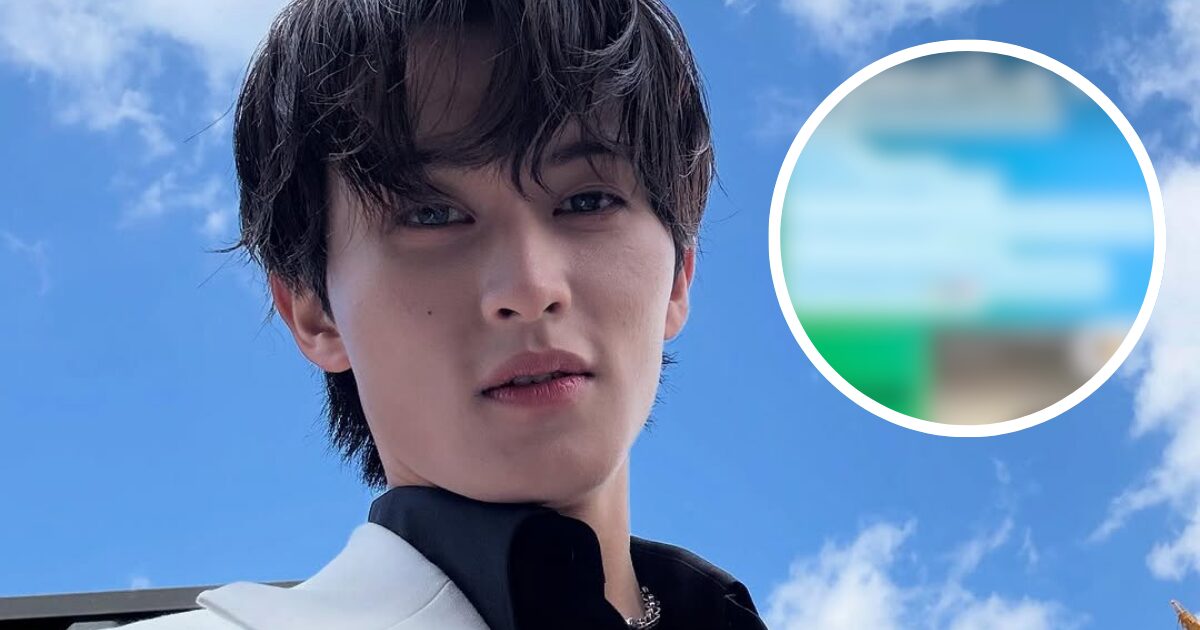UPDATE: In a heated legal showdown, attorneys for fired biologist Brittney Brown clashed with state lawyers over her dismissal linked to a controversial social media post about the murder of conservative figure Charlie Kirk. The courtroom drama unfolded on November 11, 2025, as both sides presented arguments regarding First Amendment rights in an increasingly scrutinized case.
Brown, who was employed by the Florida Fish and Wildlife Conservation Commission (FWC) and studied shorebirds near Tyndall Air Force Base, was terminated on September 15—just five days after Kirk was shot. Her lawsuit claims the firing violated her First Amendment rights. The post in question, shared on her personal Instagram account, criticized Kirk’s response to gun violence, prompting an outcry that led to her dismissal.
Attorneys representing the FWC argued that Brown’s social media activity resulted in “hundreds of complaints” and posed a threat to the agency’s credibility. Melissa Tucker, a director within the agency, emphasized the need to maintain public trust, asserting that the dismissal was not about policing ideology but about preserving the agency’s integrity.
U.S. District Judge Mark Walker presided over the hearing, questioning whether Brown’s repost should be classified as significant public discourse on gun control. He highlighted the tension between maintaining agency operations and protecting individual speech. “Just because something’s inappropriate or controversial, how is it not covered by the First Amendment?” Walker posed, reflecting on the legal complexities at play.
Brown’s attorney, Gary Edinger, contended that her post represented private speech made outside work hours, asserting it was a legitimate political statement amid ongoing national discussions. “It’s a political statement on a matter that everyone in America is still talking about,” he argued.
The case has garnered significant attention, especially following a viral post from the conservative account Libs of TikTok, which called for Brown’s termination, escalating public reaction and scrutiny. Judge Walker acknowledged the “deeply disturbing facts” surrounding the timeline of events but expressed concerns over the sufficiency of evidence for a preliminary injunction to reinstate Brown.
The legal concept of a “heckler’s veto” emerged as a central theme during the arguments, emphasizing the danger of public officials silencing employees due to fear of backlash. Brown’s legal team asserted that her comments contributed to vital civic dialogue regarding gun violence, a topic that resonates with many Americans today.
After the hearing, Edinger stated that other government employees have reached out to him, revealing they faced similar repercussions for expressing dissenting opinions about Kirk. He characterized the response to Brown’s post as unprecedented, emphasizing the unusual nature of punitive actions against public employees for such speech.
Legal experts are closely monitoring the case, given its implications for free speech and employee rights in the public sector. The outcome could set a significant precedent regarding the balance between maintaining agency credibility and protecting individual expression.
As this case continues to unfold, all eyes will be on Judge Walker’s ruling, which may shape the future landscape of First Amendment rights for public employees. For now, the stakes remain high in this urgent legal battle that touches on free speech, public trust, and the consequences of social media expression.
Stay tuned for further updates on this developing story.







